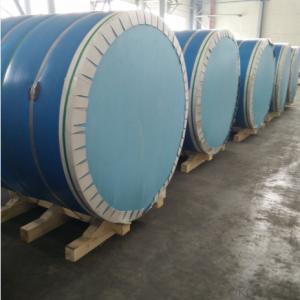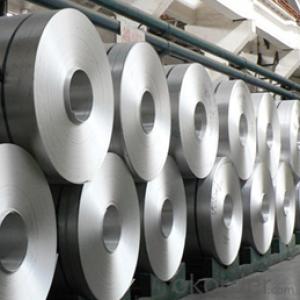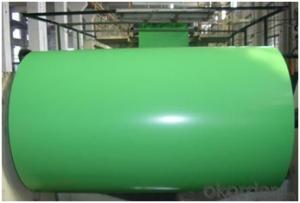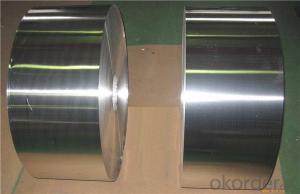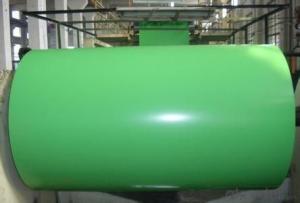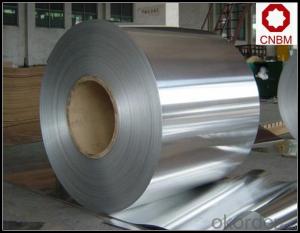Aluminum Cast Roll for Manufacture of Aluminum Coils and Sheets
- Loading Port:
- Shanghai
- Payment Terms:
- TT OR LC
- Min Order Qty:
- 150 m.t.
- Supply Capability:
- 20000 m.t./month
OKorder Service Pledge
OKorder Financial Service
You Might Also Like
Aluminum Cast Roll for Manufacture of Aluminum Coils and Sheets
1.Structure of Aluminum Cast Roll for Manufacture of Aluminum Coils and Sheets
Aluminum Cast Roll for Manufacture of Aluminum Coils and Sheets is used in the factories that produce aluminum coil from 0.2mm to 6mm by thickness. The thickness of Aluminum Cast Roll for Manufacture of Aluminum Coils and Sheets is about 6-8mm. You can choose the alloys as your using and we will do our best to meet your requests.
2.Main Features of the Aluminum Cast Roll for Manufacture of Aluminum Coils and Sheets
• Smooth surface
• High manufacturing accuracy
• High strength of extension and yield
• Low tolerance
• Strict quality control
• Well packaged
3. Aluminum Cast Roll for Manufacture of Aluminum Coils and Sheets
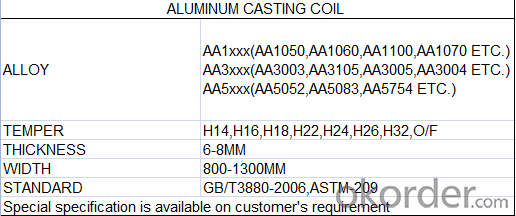
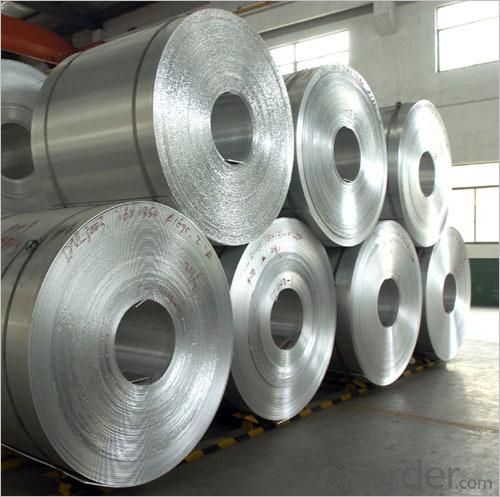
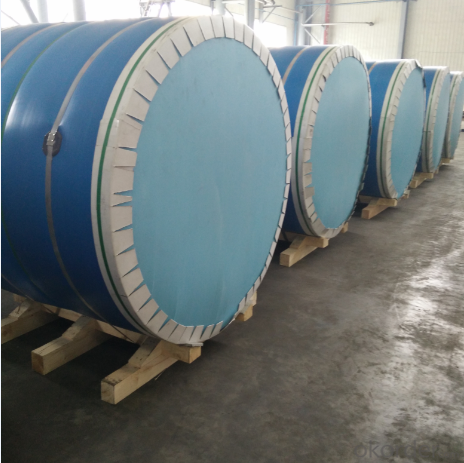
4. Production Process of Aluminum Cast Roll for Manufacture of Aluminum Coils and Sheets
Cold Rolled
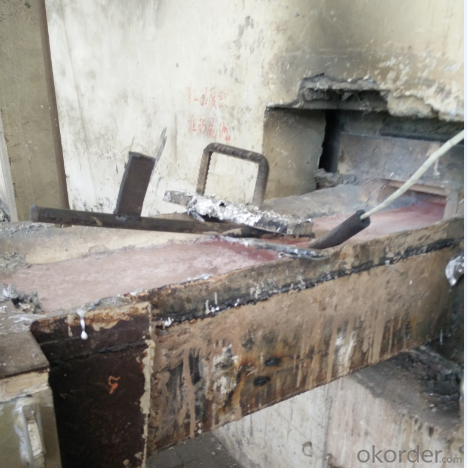
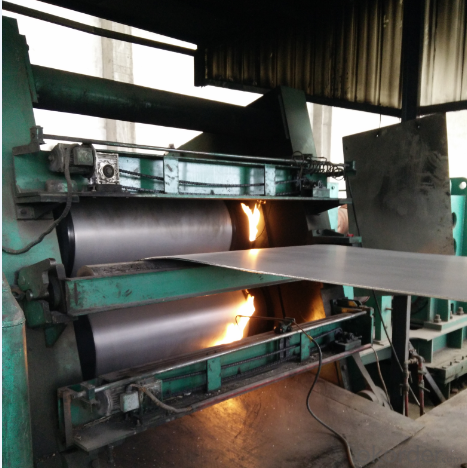
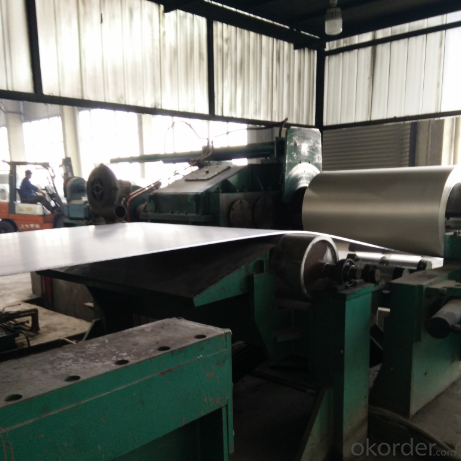
Hot rolled
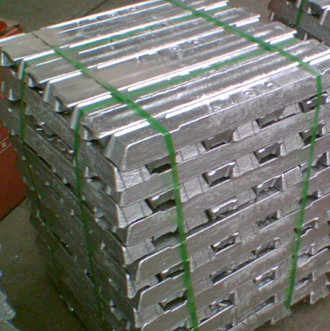
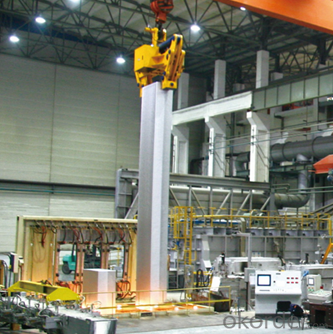
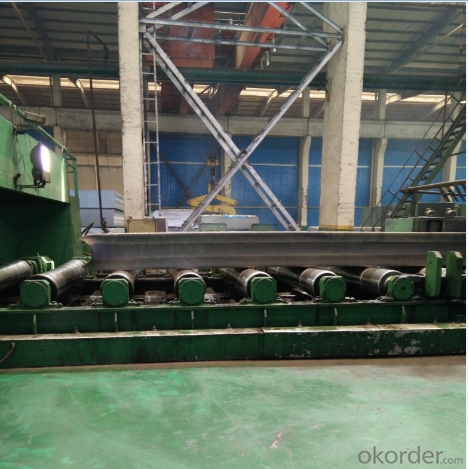
5.FAQ
We have organized several common questions for our clients,may help you sincerely:
① What is the MOQ of Aluminum Cast Roll for Manufacture of Aluminum Coils and Sheets
Usually the MOQ is 150 tons, but we also can make solution according to clients’ situation.
②How about your company?
A world class manufacturer & supplier of aluminum coil and alloy blanks. Aluminum production base is comprised of 18 aluminum annealers, 10 coil and foil mills, 4 continuous production lines, 2 hot rolling production line and 3 prepainted lines.
Export 5000 tons per month to Asia, America and Middle East. Always do the best for our clients.
③Can you guarantee the quality of the products?
We are responsible for the quality of materials in a reasonable period of time to get a long-term cooperation with clients and we are glad to arrange and coordinate any third party inspection for you.
④What is the delivery time after purchase?
15 day with normal specification after receiving client’s deposit or correct LC
- Q:How are aluminum coils used in heat exchangers?
- Aluminum coils are widely used in heat exchangers due to their excellent thermal conductivity and corrosion resistance properties. Heat exchangers are devices that transfer thermal energy between two or more fluids, and aluminum coils play a crucial role in facilitating this heat transfer process. In a typical heat exchanger, aluminum coils are used as the primary component for the heat transfer surface. These coils are usually made of thin aluminum sheets that are formed into a tube-like shape, creating a large surface area for efficient heat transfer. The coils are often arranged in a serpentine pattern to maximize the contact area between the fluid being heated or cooled and the coil surface. The fluid that needs to be heated or cooled passes through the coil, while another fluid, usually water or air, flows over the coil surface. As the fluids come into contact with the aluminum coil, heat is transferred from one fluid to the other through conduction. The high thermal conductivity of aluminum allows for quick and efficient heat transfer, resulting in effective temperature control. Moreover, aluminum coils are highly resistant to corrosion, which is crucial for heat exchangers that come into contact with various fluids, some of which may be corrosive. This corrosion resistance ensures the longevity and durability of the heat exchanger, reducing maintenance and replacement costs. Additionally, aluminum coils are lightweight and easily formable, making them suitable for different heat exchanger designs and configurations. This flexibility allows manufacturers to create compact and space-efficient heat exchangers that can be installed in various applications, such as HVAC systems, refrigeration units, automotive radiators, and industrial processes. In conclusion, aluminum coils are used in heat exchangers due to their excellent thermal conductivity, corrosion resistance, lightweight nature, and formability. These coils effectively transfer heat between fluids, ensuring efficient temperature control and enabling the proper functioning of various heating and cooling systems.
- Q:I know it's almost 100% aluminum, but not completely. Does it have any impurities? I need to find the molar mass of aluminum foil.
- Aluminum foil is 92% to 99% aluminum. So the molar mass in a little over 27.
- Q:I wrap everything with aluminum foil and bake it in the oven -- fish, meat, vegetables. Is this really safe? Or safe when done occasionally? Or should I find a new way?
- Aluminum Foil Safety
- Q:Which is more unhealthy the bleached parchment paper or the aluminum from the pan?
- If what you are cooking is going to stick to the foil pan, then use some parchment paper to prevent it. Otherwise, the purpose of foil pans are so you can use them and throw them away.
- Q:I'm wondering if there is a resin/molding material that can withstand the heat of melted aluminum for casting parts. I know that sand casting is the 'norm' but is there anything else? I'd rather not have to pack sand every time I want to cast a part.Thanks!
- One common mold material for metal casting is plaster mixed with silica sand to give it more strength. It needs to be completely (like heated) dry before you use it, but it is actually more work than sand casting but it gives a better finish. There are some rubber materials which can withstand the heat of casting pewter, but the melting point of pewter is so much lower than aluminum that I am sure those won't work for aluminum. I think you are pretty much stuck with sand for the easiest method.
- Q:How would our life on planet earth be modified if there was no aluminum at all? Examples welcomed.
- It would pretty much be the same. Although aluminum is a very useful metal, if it were non-existent, we would simply use other metals or plastics. Plastic is just as infinitely recyclable as aluminum and lighter. Copper, tin, and magnesium (or an alloy of these) could be substitute for aluminum in certain applications. Then there are all these new composite materials being developed, some of which are lighter and stronger then most metals, including aluminum.
- Q:i am thnking of building my own aluminum john boat and using the propulsion from a jetski to power it, i was wondering if anyone had taken on a project like this and had a few pieces of advice to offer while i am still in the planning stages. the biggest concern i have right now involves the tunnel for the intake, should i use the original fiberglass from the jetski or build up a tunnel out of aluminum for it?
- 518 okorder /
- Q:What are the potential health risks associated with working with aluminum coils?
- There are several potential health risks associated with working with aluminum coils. One of the main concerns is the inhalation of aluminum dust or fumes, which can lead to respiratory issues such as coughing, shortness of breath, and lung damage. Prolonged exposure to aluminum can also increase the risk of developing neurological disorders like Alzheimer's disease. Additionally, contact with aluminum coils can cause skin irritation or rashes, especially for individuals with pre-existing skin conditions or allergies. It is important to take proper safety precautions, such as wearing protective equipment and working in well-ventilated areas, to minimize these health risks.
- Q:What are the different coil winding options for aluminum coils?
- Aluminum coils have various options for winding, each with its own advantages and applications. 1. One option is layer winding, which involves winding the coil in a single layer. This method is cost-effective and suitable for applications that require high voltage or high current. 2. Another option is disc winding, where the coil is wound in a disc-like shape with layers stacked on top of each other. This technique allows for better heat dissipation and is commonly used in high-frequency applications. 3. Helical winding is a method that involves winding the wire in a spiral pattern around the coil form. This technique allows for a higher number of turns in a given space, resulting in increased inductance. It is commonly used in applications requiring high inductance. 4. Interleaved winding is a technique where multiple layers of coil windings are interleaved, with each layer wound in opposite directions. This method reduces the overall size of the coil and improves efficiency by reducing the proximity effect. 5. Foil winding involves using thin layers of aluminum foil instead of wire. This method offers better cooling and reduces the overall size of the coil. It is commonly used in high-power applications. 6. Sectional coil winding involves dividing the coil into sections and winding each section separately. This method allows for better control over the coil's shape and size, making it suitable for unique or irregularly shaped applications. The choice of coil winding option depends on factors such as desired electrical characteristics, space constraints, cooling requirements, and cost considerations. It is important to carefully analyze the requirements of the specific application before selecting the appropriate coil winding technique for aluminum coils.
- Q:Can aluminum coils be used in the production of household appliances?
- Yes, aluminum coils can be used in the production of household appliances. Aluminum is a lightweight, durable, and corrosion-resistant material, making it suitable for various applications in appliances such as refrigerators, air conditioners, and cooktops. Additionally, aluminum coils offer excellent heat transfer properties, making them an ideal choice for enhancing energy efficiency in appliances.
1. Manufacturer Overview |
|
|---|---|
| Location | |
| Year Established | |
| Annual Output Value | |
| Main Markets | |
| Company Certifications | |
2. Manufacturer Certificates |
|
|---|---|
| a) Certification Name | |
| Range | |
| Reference | |
| Validity Period | |
3. Manufacturer Capability |
|
|---|---|
| a)Trade Capacity | |
| Nearest Port | |
| Export Percentage | |
| No.of Employees in Trade Department | |
| Language Spoken: | |
| b)Factory Information | |
| Factory Size: | |
| No. of Production Lines | |
| Contract Manufacturing | |
| Product Price Range | |
Send your message to us
Aluminum Cast Roll for Manufacture of Aluminum Coils and Sheets
- Loading Port:
- Shanghai
- Payment Terms:
- TT OR LC
- Min Order Qty:
- 150 m.t.
- Supply Capability:
- 20000 m.t./month
OKorder Service Pledge
OKorder Financial Service
Similar products
New products
Hot products
Hot Searches
Related keywords

